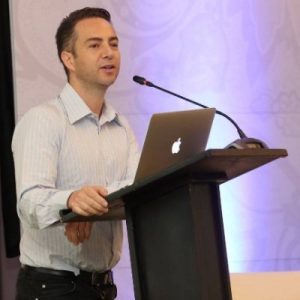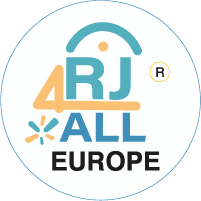Understanding Human Rights and Power Abuse
According to the Universal Declaration of Human Rights (UDHR), human rights are defined as the fundamental rights and freedoms to which all human beings are entitled, regardless of race, colour, sex, language, religion, political or other opinion, national or social origin, property, birth or other status. These rights are inherent to all individuals and are inalienable and universal.
In addition to the UDHR, the Council of Europe European Convention on Human Rights (ECHR) is a crucial document that protects human rights in Europe. The ECHR sets forth a comprehensive list of rights and freedoms and establishes the European Court of Human Rights (ECtHR) to oversee the implementation of these rights in the 46 member states of the Council of Europe. The ECtHR ensures that the rights enshrined in the Convention are respected and provides a legal avenue for individuals to bring cases of human rights violations before an international court.
According to the Universal Declaration of Human Rights (UDHR), human rights are defined as the fundamental rights and freedoms to which all human beings are entitled, regardless of race, colour, sex, language, religion, political or other opinion, national or social origin, property, birth or other status. These rights are inherent to all individuals and are inalienable and universal.
In addition to the UDHR, the Council of Europe European Convention on Human Rights (ECHR) is a crucial document that protects human rights in Europe. The ECHR sets forth a comprehensive list of rights and freedoms and establishes the European Court of Human Rights (ECtHR) to oversee the implementation of these rights in the 46 member states of the Council of Europe. The ECtHR ensures that the rights enshrined in the Convention are respected and provides a legal avenue for individuals to bring cases of human rights violations before an international court.
Power Imbalances and Restorative Justice
Power imbalances can significantly affect the dynamics of conflict resolution. These imbalances often arise from factors such as race, age, gender, and socioeconomic status. In traditional criminal justice systems when due consideration to these elements is not given, these disparities can lead to unjust outcomes, where the voices of marginalised individuals are often silenced or ignored.
Restorative justice aims to address these power imbalances through a bottom-up community-led approach, promoting a fair and inclusive process where all participants have an equal opportunity to be heard. The primary goal of restorative justice is to redistribute power among the parties involved in a conflict, ensuring that the resolution process is equitable and just. By prioritising these values, restorative justice not only addresses immediate conflicts but also promotes long-term social change by challenging and dismantling systemic power structures.
RJ4All's Expertise in Power Redistribution

Dr. Theo Gavrielides, RJ4All Founder and Director, has been instrumental in advancing the understanding and application of restorative justice. His work, including the “Race, Power, and Justice” book, as well as numerous webinars and videos, provides valuable insights into the intersection of power, race, and justice.

